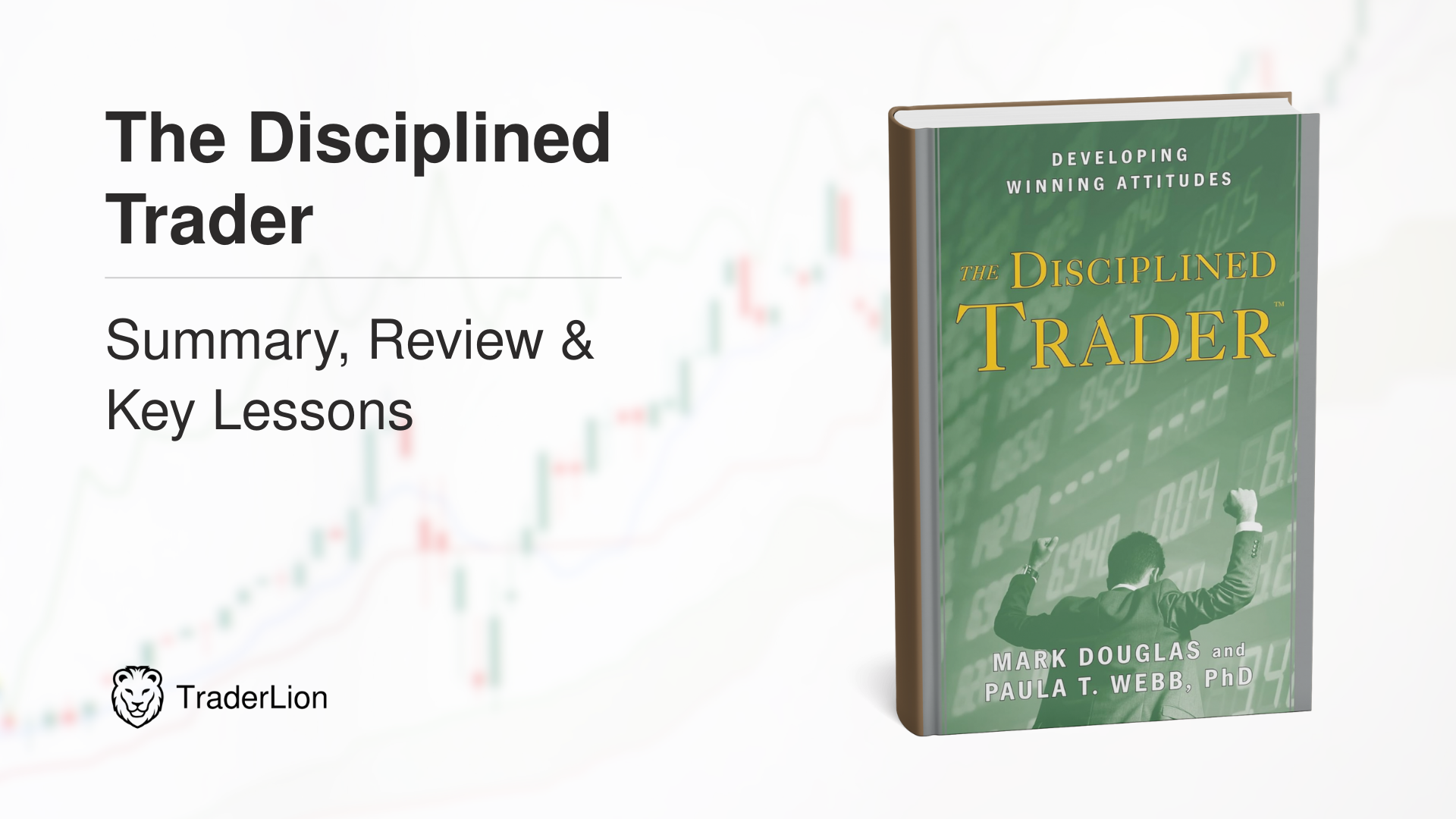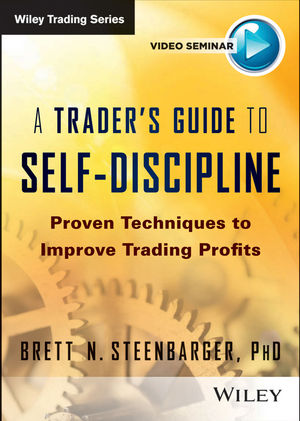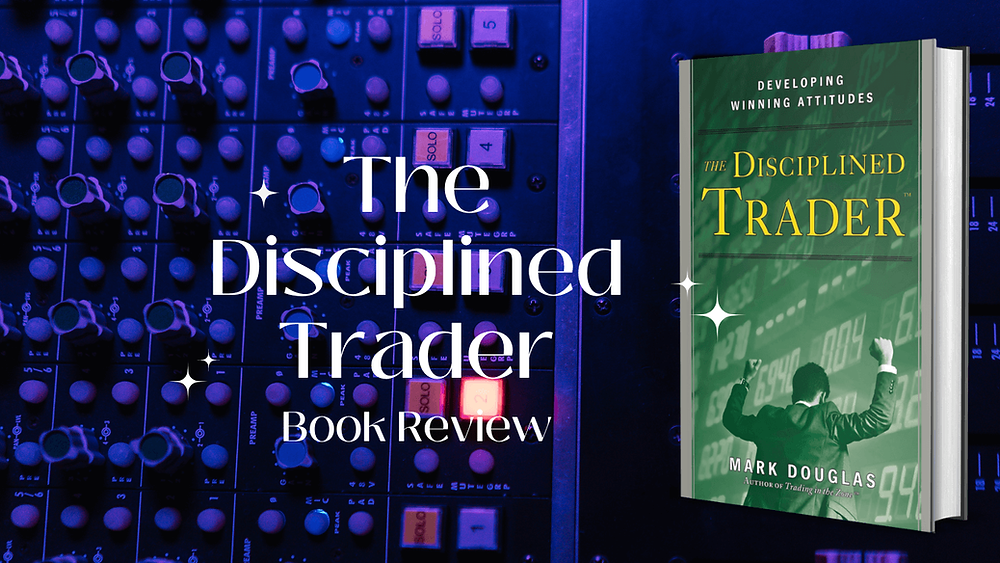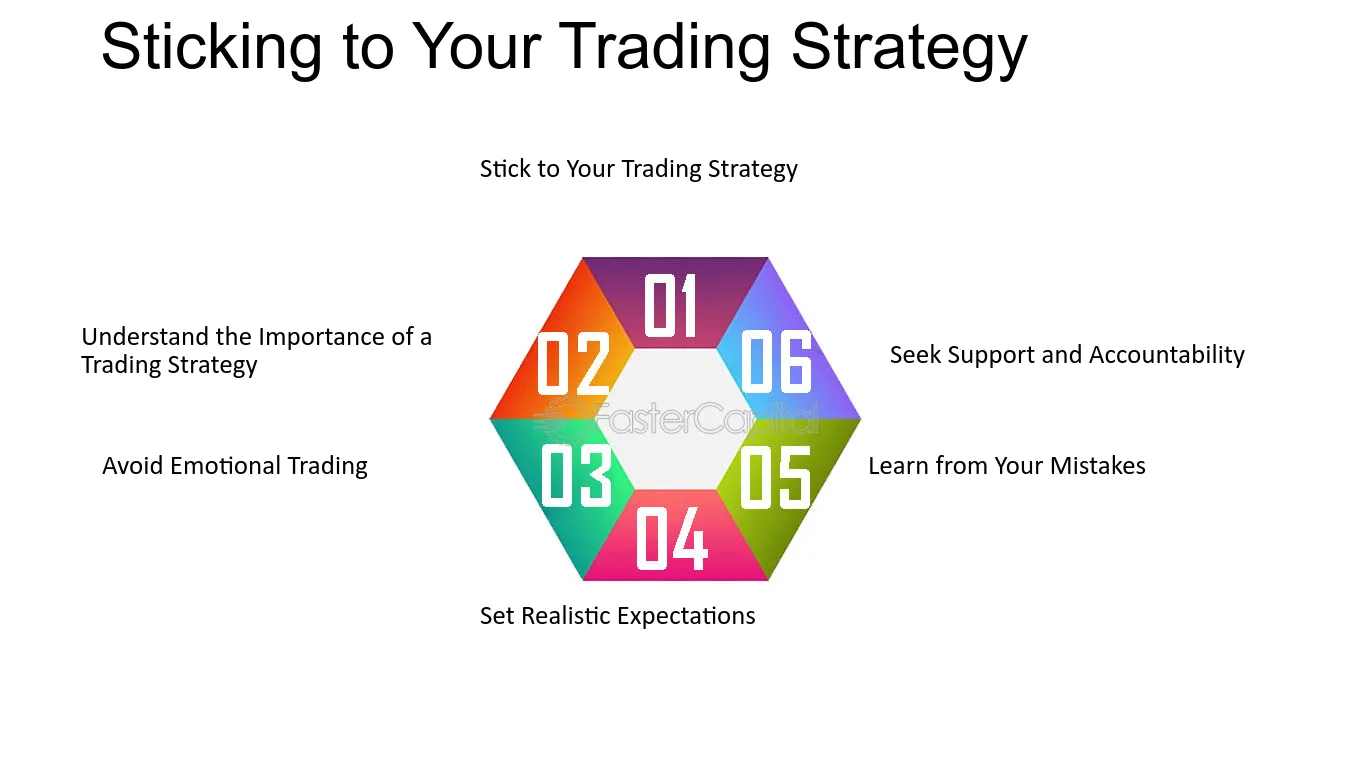Every trader talks about discipline like it’s the secret sauce to success. But let me tell you straight up—talking is easy. Living it? That’s where most of us stumble.
When I started trading, I believed having the right indicators and strategies was enough. But every time emotions took over, I found myself breaking my own rules. Revenge trading, FOMO, overleveraging—been there, done that. Sound familiar?
What finally clicked for me was realizing discipline isn’t about being perfect. It’s about building systems that make good decisions easier—even when your brain’s screaming otherwise.
In this guide, you’ll learn:
- Why discipline matters more than your trading setup
- How to spot and break common discipline traps
- Steps I use to stay accountable to my plan daily
- What to do when (not if) you slip up
If you’re tired of letting emotions wreck your trades, this guide is your roadmap to staying grounded, consistent, and confident.

Why Trading Discipline Matters
How Discipline Separates Winners From Everyone Else
Back when I first read The Disciplined Trader by Mark Douglas, I was shocked at how often I was sabotaging myself. The book didn’t just point fingers. It helped me recognize that consistent traders aren’t just smarter—they’re more emotionally in check.
If you want to make it long term in this game, discipline isn’t optional. It’s your edge.
The Real Cost of Emotional Decisions
Have you ever moved your stop-loss just a little… and then a little more… until your account bleeds out? That’s not strategy—that’s emotion taking the wheel. Whether it’s greed, fear, or plain old frustration, undisciplined trades usually cost more than money. They drain your confidence too.

What the Stats Say
According to a study on trading psychology, 80% of trading losses stem from emotional decisions—not technical analysis errors. Think about that. You don’t need to be smarter. You need to be more consistent.
Understanding the Psychology of Discipline
Emotions That Hijack Your Trades
Greed tells you to hold longer. Fear tells you to exit too early. And frustration? That one whispers, “Double your next trade to get it back.” I’ve followed each of these voices before—and regretted it every single time.
FOMO: The Silent Account Killer
One of my worst weeks came from chasing a gold breakout that “everyone” on Twitter said was happening. It didn’t. I got smoked. The urge to jump in late can be powerful, especially when everyone else seems to be winning. But it’s almost always the wrong move.

Each Trade Is Just a Probability
One thing I drilled into my brain: A good trade can still lose. Once you start seeing trades as probabilities instead of guarantees, you stop overreacting. This mindset shift changed how I evaluate results—and saved me from a lot of unnecessary stress.
Common Traps That Break Discipline
Overtrading Like a Slot Machine Addict
I used to open five trades at once just to feel like I was doing something. Turns out, I was just bleeding money across multiple positions. Discipline means trading less—and being okay with sitting on your hands.
Revenge Trading Is Never the Answer
That one red trade that ruins your mood? You want to “get it back.” But doubling down just digs the hole deeper. When I lose now, I walk away. Sometimes literally. I take a break, review my journal, and breathe.
Flipping the Plan Mid-Trade
Have you ever changed your target mid-trade because “this one feels different”? Yeah… me too. Every time I did that, I lost money. Now, I set my entry, stop-loss, and take-profit ahead of time—and I don’t touch them unless the market gives a clear reason.

Table: Disciplined vs Undisciplined Traders
| Behavior | Disciplined Trader | Undisciplined Trader |
|---|---|---|
| Trade Planning | Follows a written plan every time | Wings it based on “gut feeling” |
| Stop-Loss Usage | Pre-defined, never moved | Moved or removed mid-trade |
| Emotional Control | Pauses, reviews journal | Reacts impulsively |
| Risk Management | Uses proper position sizing | Overleveraged trades |
Building a Disciplined Trading Routine
Start With a Written Plan
If you don’t write it down, it’s not real. My plan includes entry setups, risk per trade, max daily loss, and even when to stop trading for the day. It’s like having a map—so I’m not guessing when I’m lost.
Set Realistic Goals
I used to chase 10% gains per day. Unrealistic. Now, I focus on following my process. Whether I win or lose, I feel good when I follow my rules. That’s the kind of win that builds your account over time.
Create a Daily Routine
My day starts with 15 minutes of market review, 5 minutes of meditation, and checking my economic calendar. After trades, I journal everything. Building this routine turned my trading from random into intentional—and my P&L shows it.

Tools to Stay Accountable
Journaling Your Trades and Emotions
I didn’t understand the power of a trading journal until I looked back at three months of trades and saw patterns I didn’t even know existed. I record not just the technical details but also how I felt. That’s where the gold is.
Here’s what I include:
- Setup and reason for entry
- Emotions before, during, and after
- Why I followed (or didn’t follow) my plan
This single habit alone tightened up my discipline more than anything else.
Using Performance Tracking Apps
Tools like Myfxbook or Edgewonk give you data to back up your gut. I use them to spot my best setups and worst habits. Seeing your stats in black and white keeps you honest.
Find a Mentor or Accountability Partner
When I was new, I found another trader on Reddit and we agreed to check in every Friday. Just knowing someone else was watching kept me on track. Whether it’s a mentor, coach, or trading buddy—don’t go it alone.
Risk Management as a Discipline Tool
Use Stop-Losses Like a Safety Net
I’ve never regretted using a stop-loss. But I’ve definitely regretted not using one. It’s not about avoiding all losses—it’s about staying in the game long enough to win.
Don’t Overleverage
When I blew my first account, it wasn’t because I was “wrong.” It was because I bet too big. Risking more than 1–2% of your account per trade might feel exciting—but it’s a fast way to burn out.
Accept That Losses Are Part of the Game
I used to take every loss personally. Now, I treat losses like business expenses. If you’re disciplined and the setup made sense, a losing trade is just part of the process—not a failure.
Recovering from Undisciplined Behavior
Spot Your Patterns
If you keep breaking rules after losses, that’s your trigger. For me, it was late-night trading after a bad day. Journaling helped me connect the dots and break the cycle.
Rebuild Confidence with Small Wins
After a bad streak, I go back to basics. One trade per day. Micro lots. Focus on process, not profit. This resets my mindset and brings back momentum.
Prevent Future Lapses
Set consequences for breaking your own rules. If I violate my trading plan, I take a full day off. No charts, no news. It’s my way of reinforcing the value of staying disciplined.
FAQ
How can I become more disciplined in trading?
Start by writing a plan and sticking to it. Track every trade in a journal. Review that journal weekly to spot emotional patterns. Use stop-losses and never move them. And finally, limit your daily trades so you don’t overreact.
What do I do when I break my trading rules?
First, own it. Then go back and log the trade in your journal with full honesty. Take a break if needed. Review why you broke the rule and put a system in place so it doesn’t happen again. Discipline is built through these moments.
Is trading discipline more important than strategy?
Yes. A great strategy with no discipline will fail. A simple strategy with solid discipline will often succeed. It’s not what you know—it’s how consistently you follow what you know.
Recap of Key Points
We’ve walked through what trading discipline really means—from managing emotions to creating routines, using tools, and recovering from mistakes. You learned how to journal effectively, manage risk with confidence, and build habits that support long-term success.
Final Takeaway
Discipline isn’t a personality trait—it’s a skill. One that can be learned, practiced, and improved over time. You don’t need to be perfect. You just need to be consistent enough to outlast the noise.
Closing Thought
Your edge isn’t a fancy indicator or a magical setup. It’s the discipline to stick to your plan when the pressure’s on. That’s how traders survive. That’s how they win. And that’s how you will, too.
